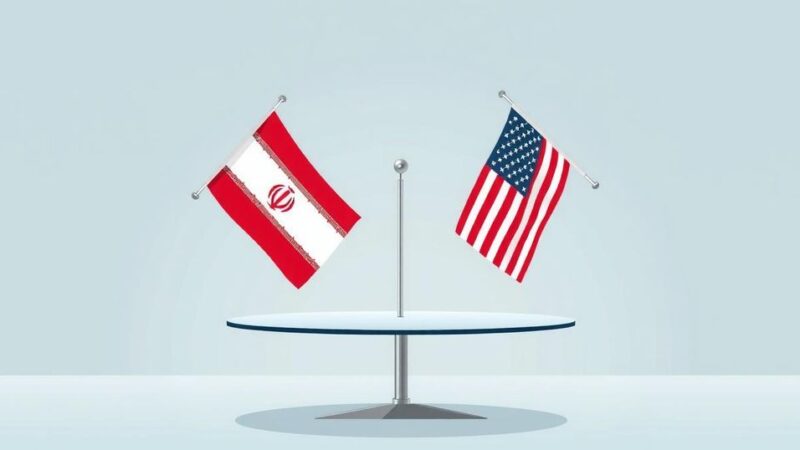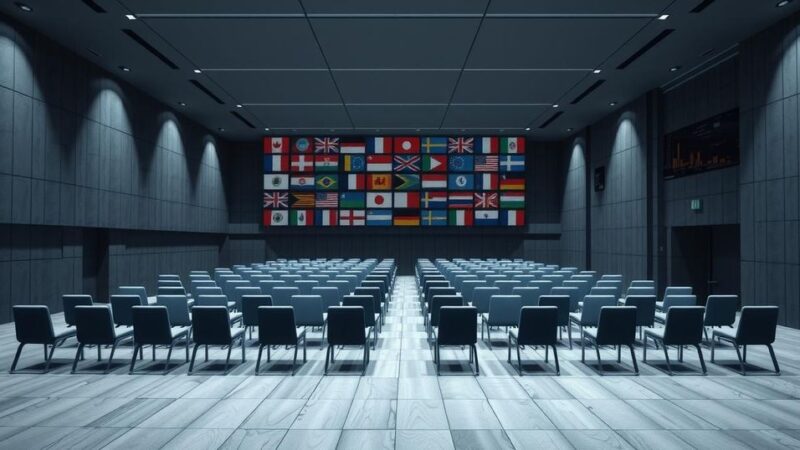The Jafar Express attack has been linked to terrorists from Afghanistan, highlighting security threats. Concurrently, property purchases by Pakistanis in Dubai are increasing, raising economic concerns. Allegations of political manipulation have also emerged, revealing complex societal issues. This situation underscores the need for a multifaceted approach to address Pakistan’s security and economic challenges.
The Jafar Express attack has drawn attention due to the identification of terrorists linked to Afghanistan. This development indicates a significant security concern highlighting cross-border terrorism and its imminent threat to regional stability. The investigation continues to unfold, seeking to establish a clearer connection and motives behind the attack.
The broader context reveals an alarming trend of increasing property investments by Pakistanis in Dubai, which raises questions about economic strategies and the potential implications for Pakistan’s financial landscape. Furthermore, allegations made by Sher Afzal concerning prominent figures such as Adil Raja and Shahbaz Gill suggest possible manipulation by the establishment, adding complexity to political discussions.
In parallel, insights into the functioning of the Pakistan Tehreek-e-Insaf’s (PTI) social media operations have surfaced, revealing specific individuals behind its online presence. These elements reveal a multifaceted socio-political environment where terrorism, economics, and political integrity collude.
In summary, the Jafar Express attack emphasizes the persistent threat of terrorism linked to Afghanistan, prompting a need for heightened security measures. Concurrently, the rise in property purchases in Dubai and the political revelations concerning social media management reflect the intricate challenges faced by Pakistan. Addressing these issues necessitates a comprehensive approach involving security, economic policy, and political accountability.
Original Source: english.aaj.tv






